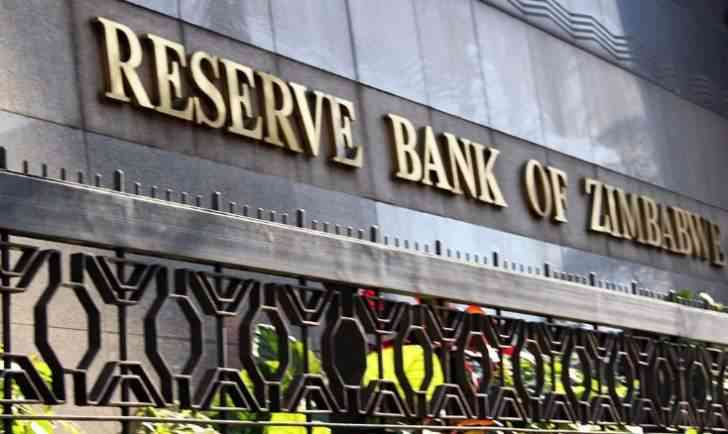
THE Reserve Bank of Zimbabwe (RBZ) says the exodus of correspondent banks out of Zimbabwe is behind payment gridlocks confronting exporters and importers.
The central bank estimates that at least 102 correspondent banking relationships have been lost over the last decade due to Zimbabwe’s high-risk profile.
A correspondent bank, which is a third-party financial institution that acts as an intermediary between domestic and international banks, is key to facilitating foreign currency exchange and payments across the world.
Buyers, who spoke during the ZimTrade exporters’ seminar in Harare recently, said it was taking up to 10 days for funds sent by importers to reflect in Zimbabwean banks.
The delays have compounded other problems, such as delays in securing export permits, one buyer told the seminar.
“Payments are taking too long to reflect in Zimbabwe,” said Newton Magoronga, a representative of Zambian firm, Nartbridge.
“It is frustrating because right now the standard practice is that within 24 hours if you send money, the money should reflect. But in Zimbabwe sometimes it takes 10 working days for the money to reflect. So imagine, you waited for the export permit and you are now waiting for the payment to reflect in your account. At the end of the day we (Zimbabweans) are losing out because there are other countries which are presenting better (options),” Magoronga added.
Responding to buyers’ concerns, RBZ exchange control director Farai Masendu said the delays in payment processing were due to loss of correspondent banking relationships.
- Mangudya speaks on banks’ stability
- EcoCash launches new US$ service
- Mangudya speaks on banks’ stability
- EcoCash launches new US$ service
Keep Reading
“Let’s take note of the fact that payments can be done from an exporter's foreign currency account (FCA), from the auction or the interbank. Where you are paying from the FCA it is supposed to be immediate. We subscribe to the two-day principle. I think it's important to also note that as a country, we have faced the challenge of de-risking,” he said.
“Most of our banks have lost out on correspondent banking relationships. So you will notice that because of that challenge, if you make a payment it goes through a lengthy process of scrutiny because of the risk factor that is attached to Zimbabwe and that is what has compromised our trade transactions. That is the element of de-risking. It's a reality. You make a payment and receive your export receipts but it takes time because they have to try and understand who you are getting money from.”
Masendu further indicated that the know-your-customer and the customer due diligence principle that is applied to most of the country’s transactions then result in serious delays.
“So the intention is not to delay payment but it's also because of the challenges that we are facing because of the loss in banking corresponding accounts, the issue of de-risking and the scrutiny that we are exposed to,” he added.










